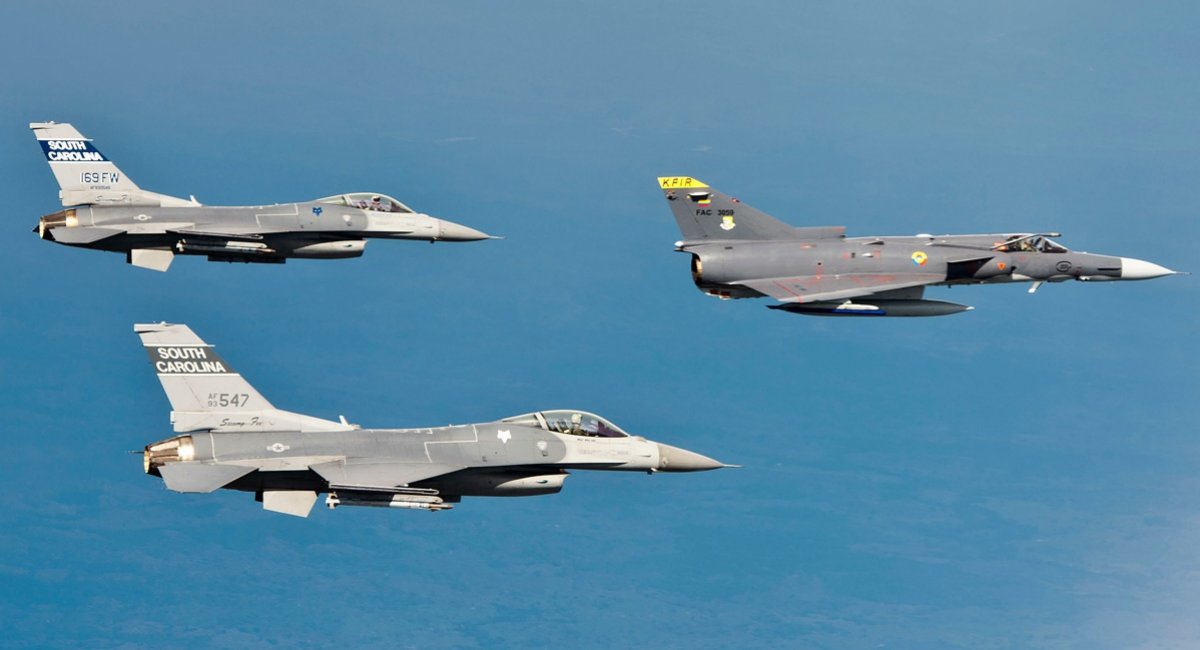The United States is indeed prepared to sell Colombia used F-16 fighter jets, with options available regarding the number of aircraft that could be supplied under the future contract.
Currently, U.S. representatives are awaiting a response from Colombian officials to schedule a visit for a visual inspection of the used F-16s available from Lockheed Martin. The Americans emphasize that they will not engage in backdoor or corrupt dealings with officials from the Colombian Air Force (FAC), and that everything should occur at the negotiation table.

As further detailed in a related publication by the Infodefensa portal, the U.S. currently has two options for the potential supply of F-16s to Colombia. The first option involves selling eight aircraft and gifting an additional 16, while the second option consists of a straightforward sale of between 8 to 24 F-16 fighter jets.
It is underscored that depending on which option for the F-16s is ultimately chosen for the Colombian Air Force, this will determine the scope of necessary further consultations and work on deploying infrastructure and maintaining the aircraft themselves.
At the same time, amid this context, the U.S. made a somewhat peculiar remark, stating that they would consider any instances of corruption that might affect their interests in court. This remark appears particularly specific given that the U.S. is even willing to provide Colombia with a certain number of F-16s at no cost, and is inviting Colombian military officials to inspect their future acquisition.

From Defense Express, we would like to highlight a few points in this story. To begin with, it seems somewhat strange that Lockheed Martin has a number of "excess" used F-16s that the U.S. is prepared to gift to Colombia, while it would be more relevant to transfer these aircraft to Ukraine to genuinely strengthen our Air Forces.
Moreover, it appears quite specific that the U.S. is willing to gift combat aircraft to a country they suspect of corruption, the level of which may directly affect American interests in this situation.
Theoretically, there could be a rational explanation for such a dissonance. Firstly, as practice shows, the U.S. is indeed so keen to prevent China's emergence in the Latin American arms market that they are willing to offer various preferential terms, as evidenced by Argentina's case with the same F-16s, which effectively received the aircraft at a price of only 13 million dollars per unit, even with significant maintenance costs.
Secondly, it appears that the U.S. also does not want to allow the "Gripen" into the Latin American market, and for this reason, they are also ready to make concessions regarding F-16s.
However, all of the above directly relates to Ukraine, as it means that our country may miss out on a significant number of critically needed F-16s.